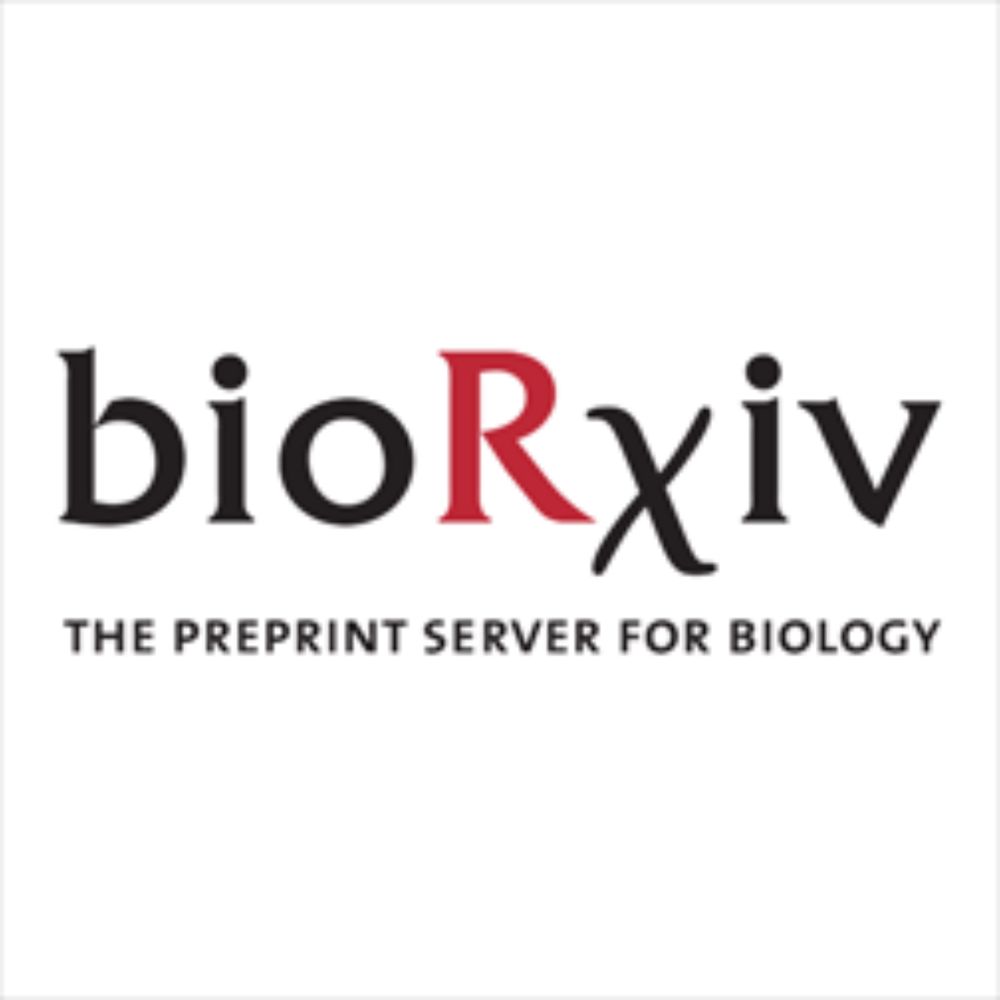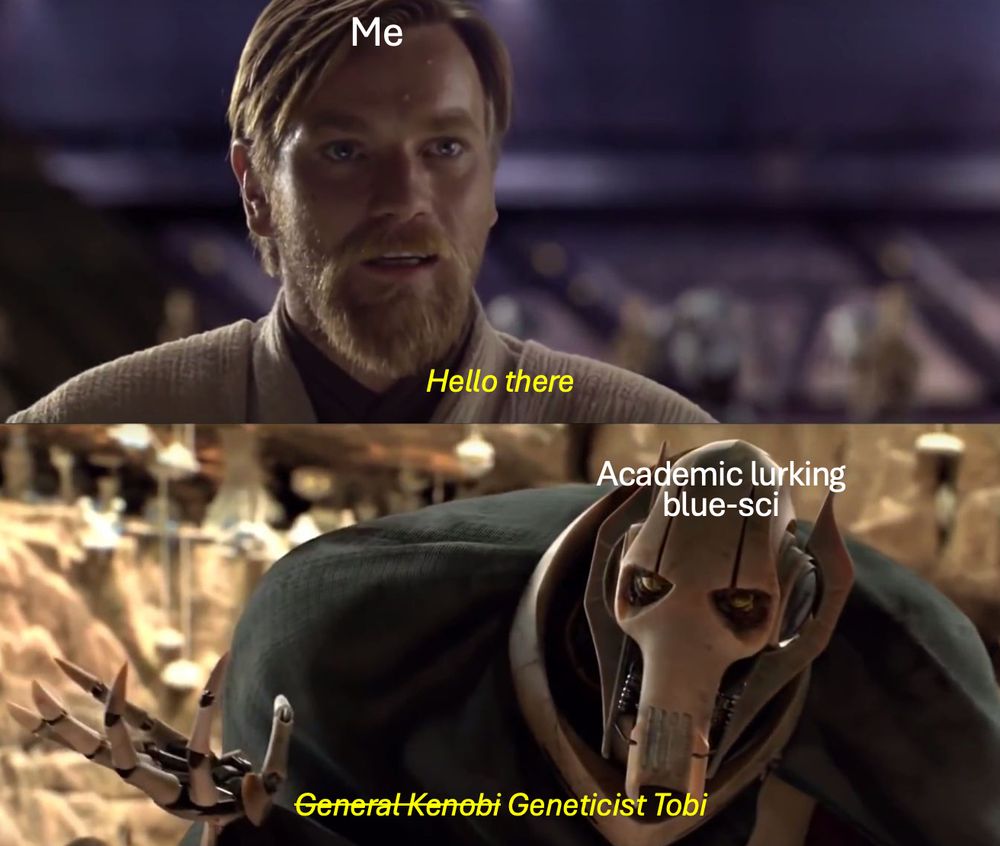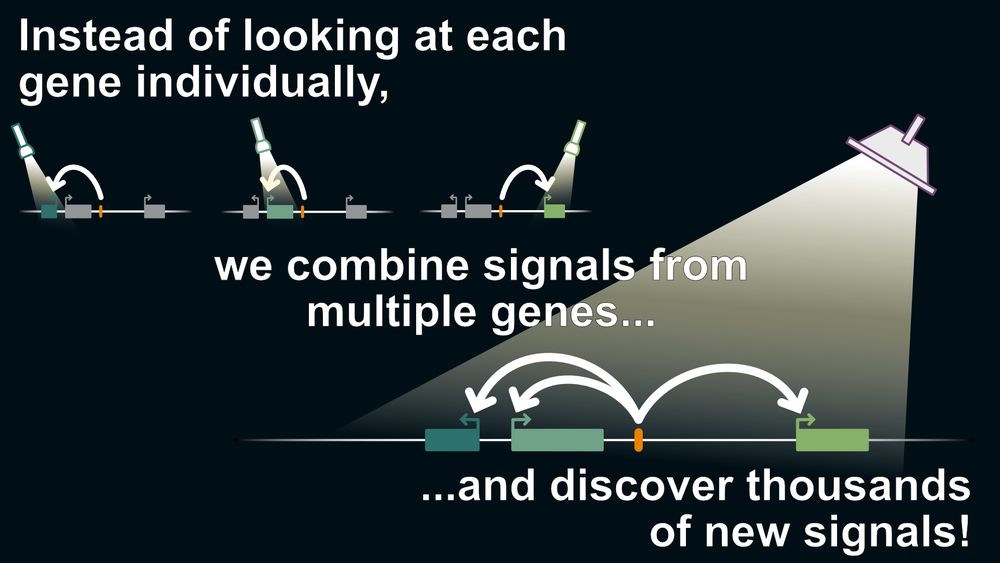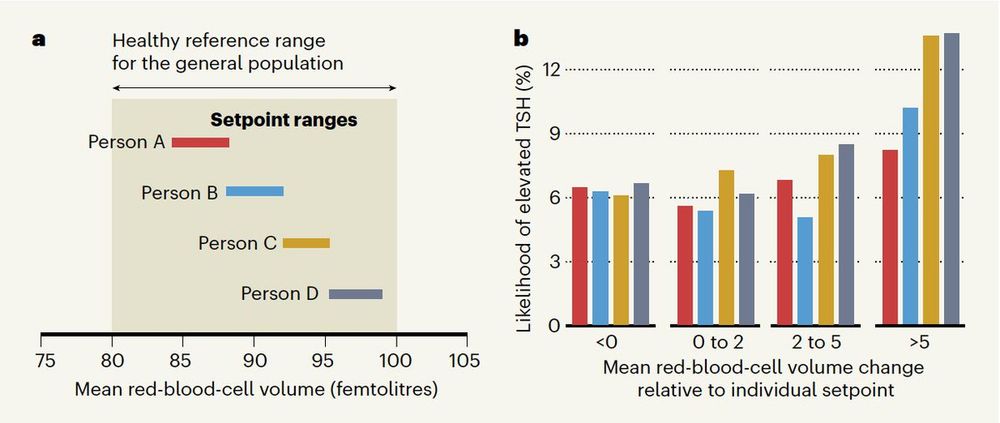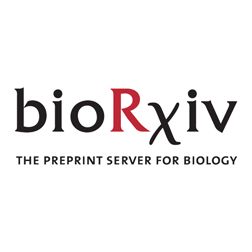Andrew Marderstein
@amarderstein.bsky.social
140 followers
260 following
5 posts
Human geneticist studying cancer at MSK. Prev. postdoc at Stanford and BS + PhD at Cornell. avid skier, runner, and Yankee fan.
Posts
Media
Videos
Starter Packs
Reposted by Andrew Marderstein
Reposted by Andrew Marderstein
Greg Findlay
@gregfindlay.bsky.social
· Aug 18

Saturation genome editing of BRCA1 across cell types accurately resolves cancer risk
Germline pathogenic BRCA1 variants predispose women to breast and ovarian cancer. Despite accumulation of functional evidence for variants in BRCA1 , over half of reported single-nucleotide variants (...
www.medrxiv.org
Reposted by Andrew Marderstein
Reposted by Andrew Marderstein
Reposted by Andrew Marderstein
Reposted by Andrew Marderstein
Reposted by Andrew Marderstein
Soumya Kundu
@soumyakundu.bsky.social
· Feb 19
Reposted by Andrew Marderstein
Soumya Kundu
@soumyakundu.bsky.social
· Feb 19
Reposted by Andrew Marderstein
Tim Coorens
@timcoorens.bsky.social
· Jan 15

The human and non-human primate developmental GTEx projects - Nature
The developmental Genotype-Tissue Expression (dGTEx) projects will catalogue and integrate gene expression, regulation and genetics data across 120 human donors from birth to adulthood with developmen...
www.nature.com
Reposted by Andrew Marderstein
Reposted by Andrew Marderstein
Reposted by Andrew Marderstein
Rosa Ma
@rosaxma.bsky.social
· Nov 25
Reposted by Andrew Marderstein
